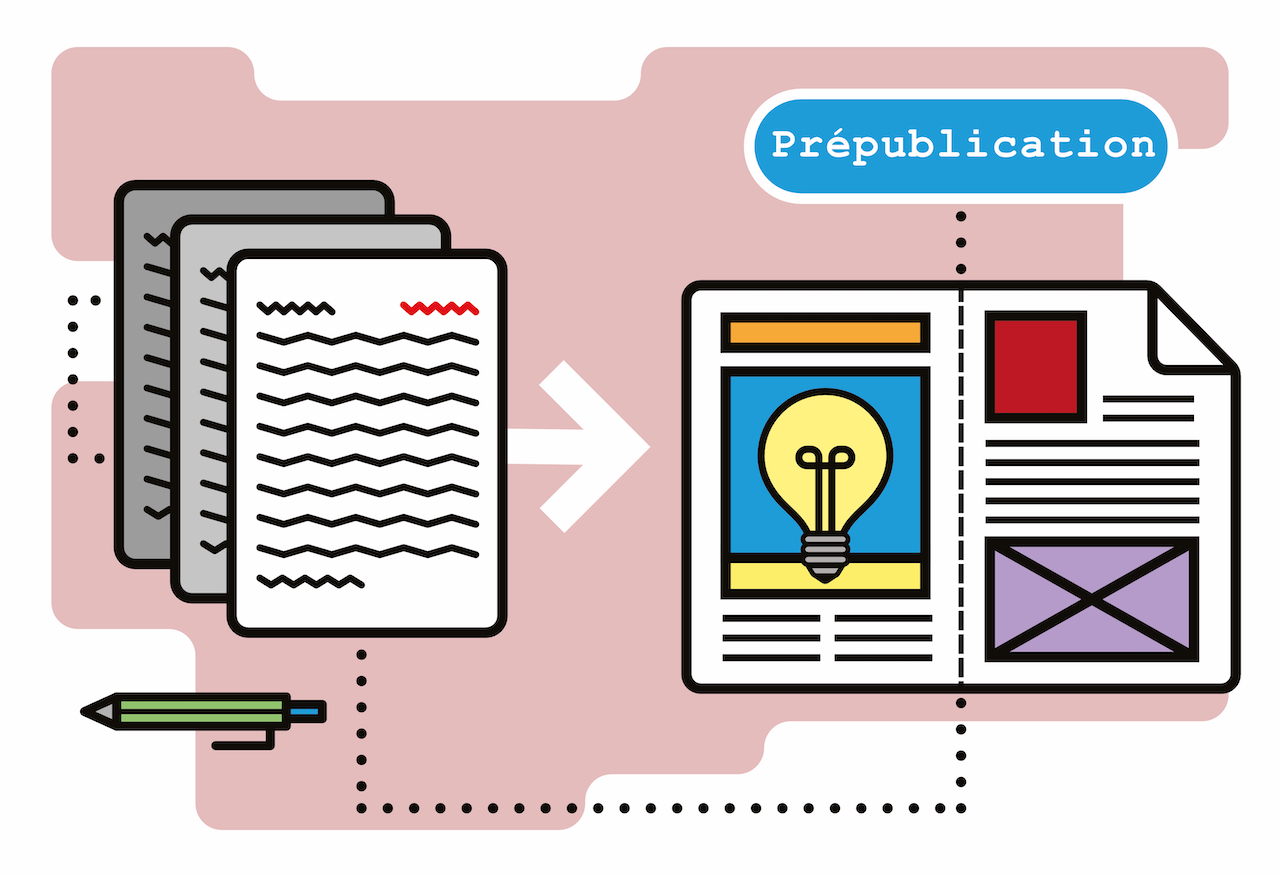An answer to David Runciman: « Artificial agency vs. Artificial intelligence » Réponse de Luc Foisneau à David Runciman,
Fiche du document
8 juin 2021
- ISIDORE Id: 10670/1.c0ab1e...
- hal: hal-03350846
info:eu-repo/semantics/OpenAccess
Sujets proches
Human intelligence Intelligence Mind Intelligence de l'homme Développement de l'intelligence Intelligence humaineCiter ce document
Luc Foisneau, « Réponse de Luc Foisneau à David Runciman, », HAL SHS (Sciences de l’Homme et de la Société), ID : 10670/1.c0ab1e...
Métriques
Partage / Export
Résumé
Le problème auquel vous êtes confronté n'est pas tant un problème d'intelligence artificielle en soi – de quoi s'agit-il ? Comment fonctionne un algorithme ? Allons-nous être subjugués par les robots et les calculateurs intelligents que nous avons conçus ? – mais un problème sur la dimension politique, s'il y en a une, des techniques que nous avons rassemblées sous cette expression fantaisiste d'"intelligence artificielle", ou, si nous voulons faire plus court, d'IA. Comment devons-nous considérer ces techniques désormais présentes dans notre vie quotidienne en ce qui concerne nos associations politiques ? Devons-nous craindre une nouvelle forme d'intelligence qui réduirait finalement notre intelligence humaine à bien peu de chose ? Lorsque le meilleur joueur de dames de tous les temps perd contre un programme, est-ce la fin de la suprématie de l'intelligence humaine ? Pour aborder correctement ce problème, vous nous suggérez de nous éloigner philosophiquement de la formulation actuelle de la question : nous devrions cesser de nous concentrer sur la distinction entre l'intelligence artificielle et l'intelligence naturelle, et nous concentrer plutôt sur la distinction entre l'intelligence artificielle et ce que vous appelez "l'agentivité artificielle", ou AA. Dans ce texte, Luc Foisneau analyse la distinction introduit par David Runciman dans l'article en cours d'élaboration qu'il a présenté au séminaire de Philosophie politique normative (EHESS, 8 juin 2021).
